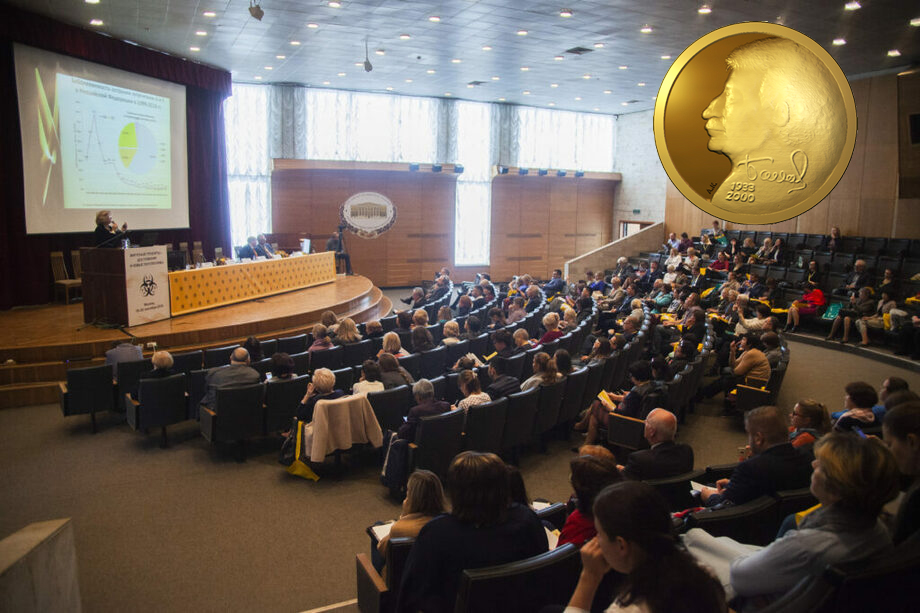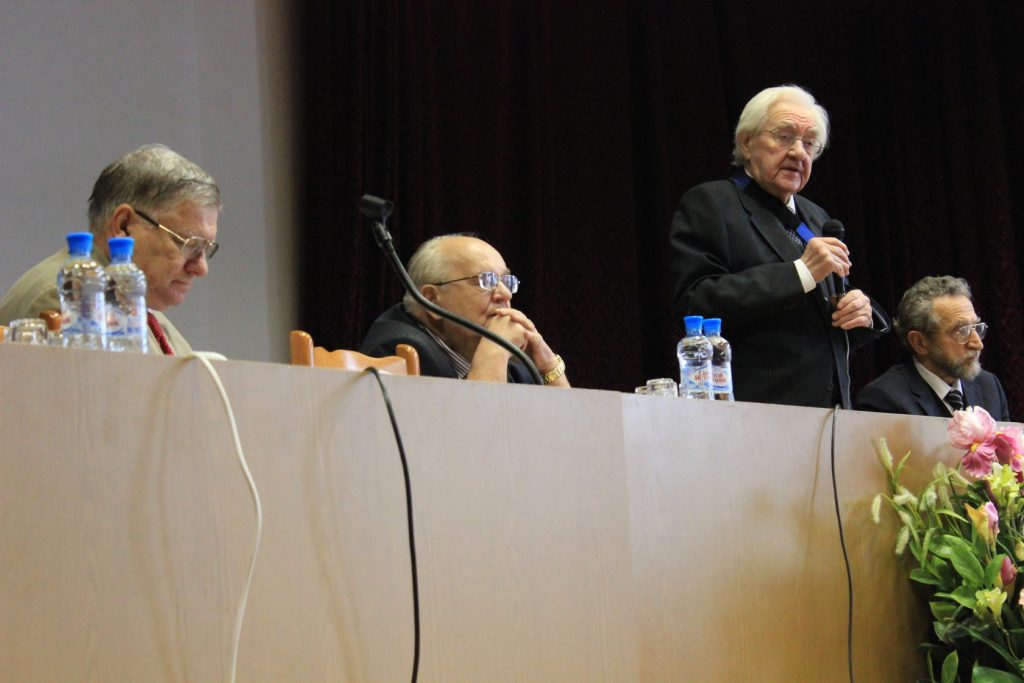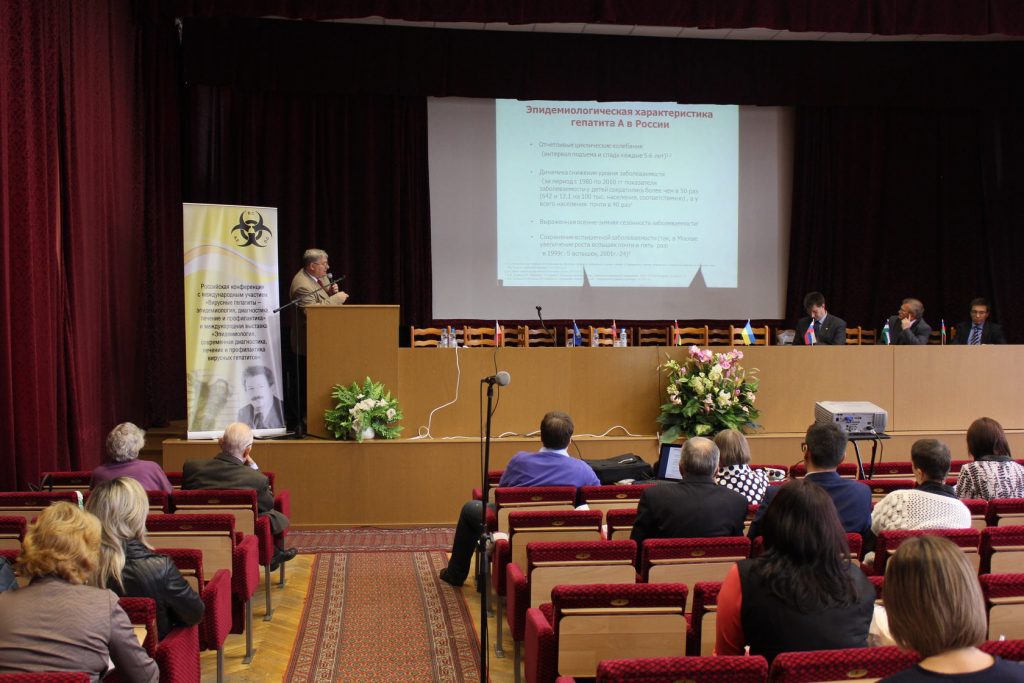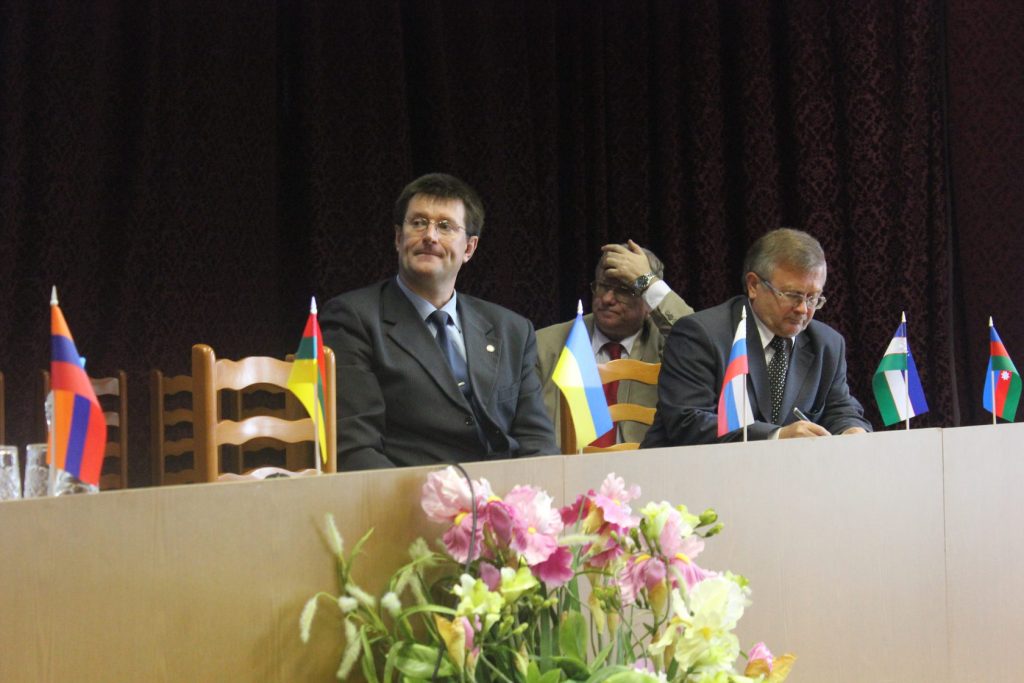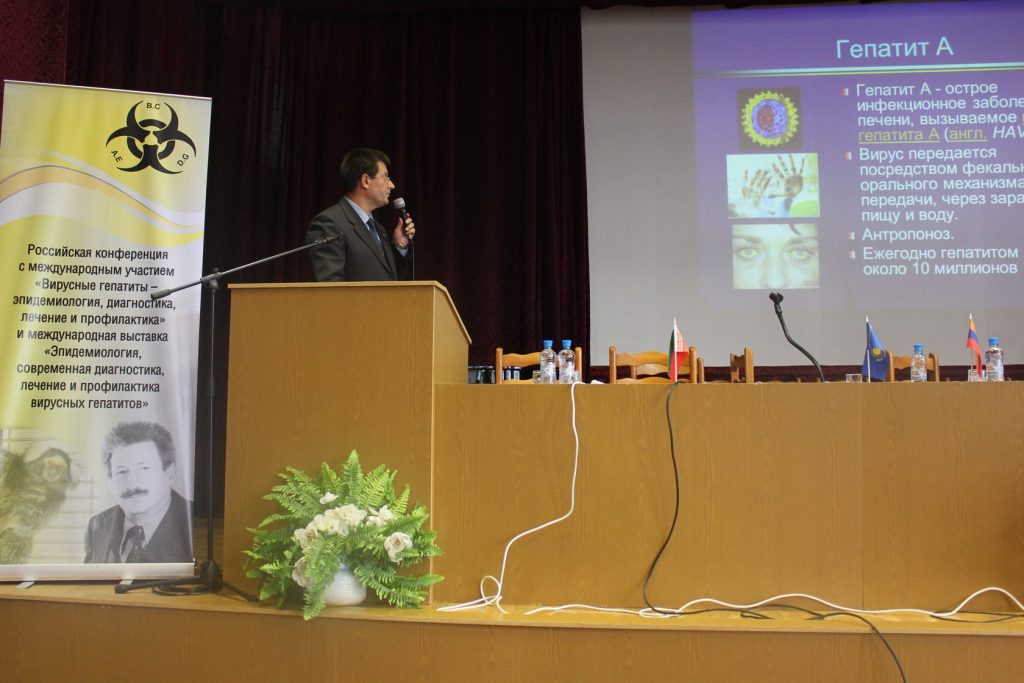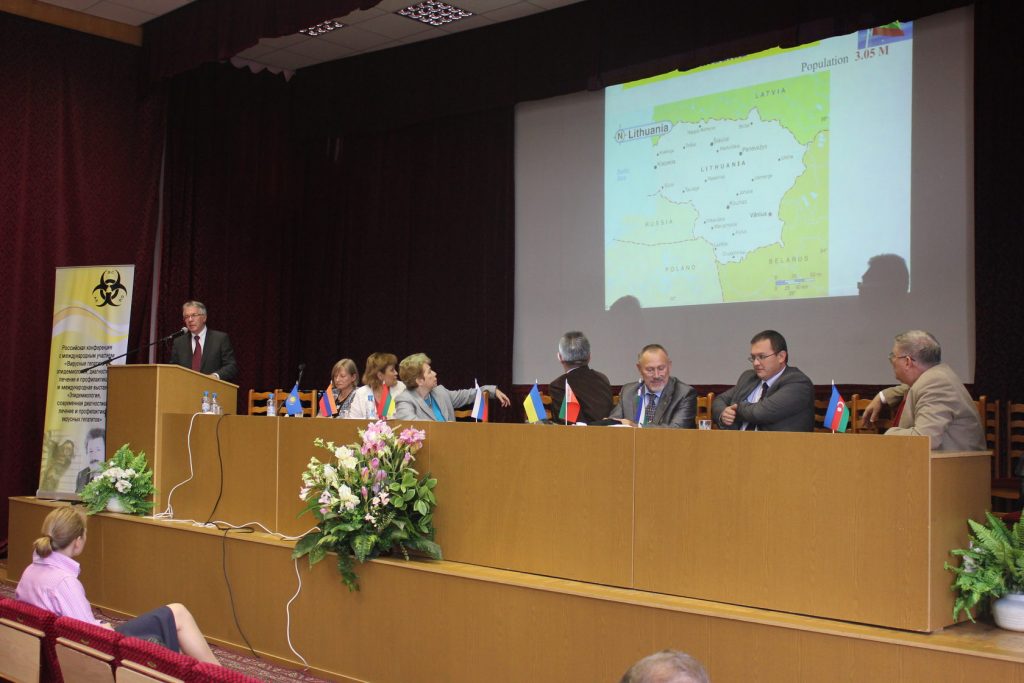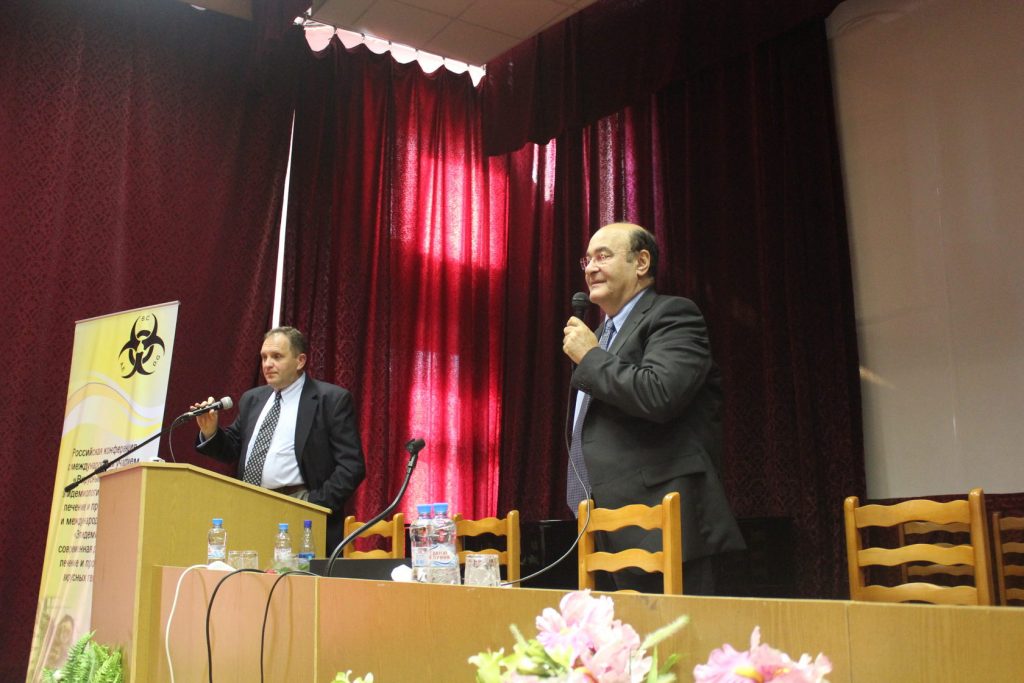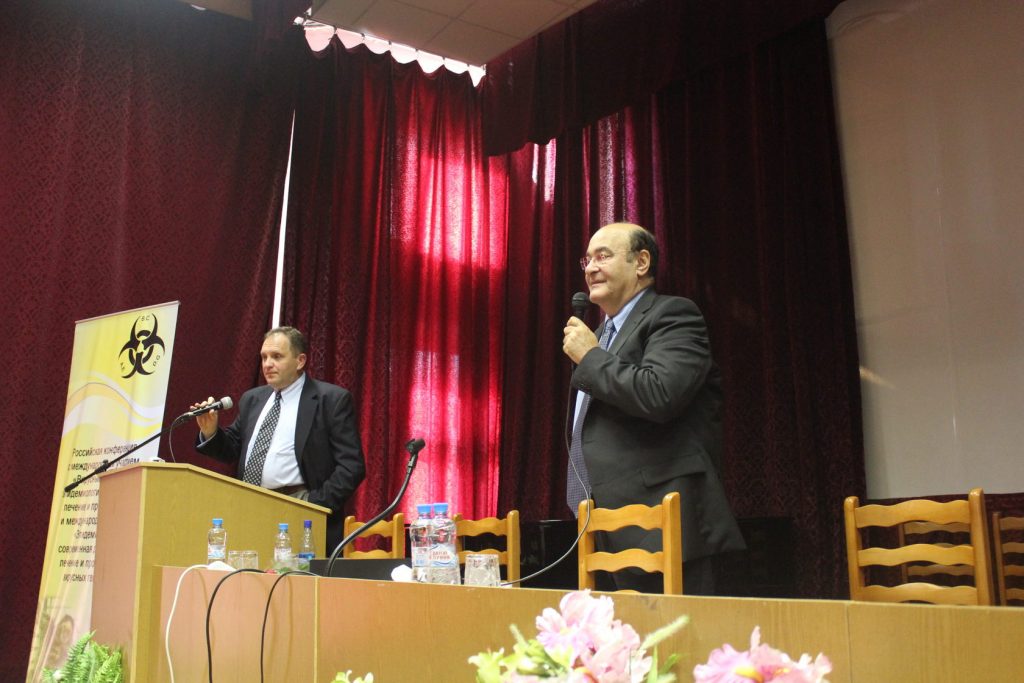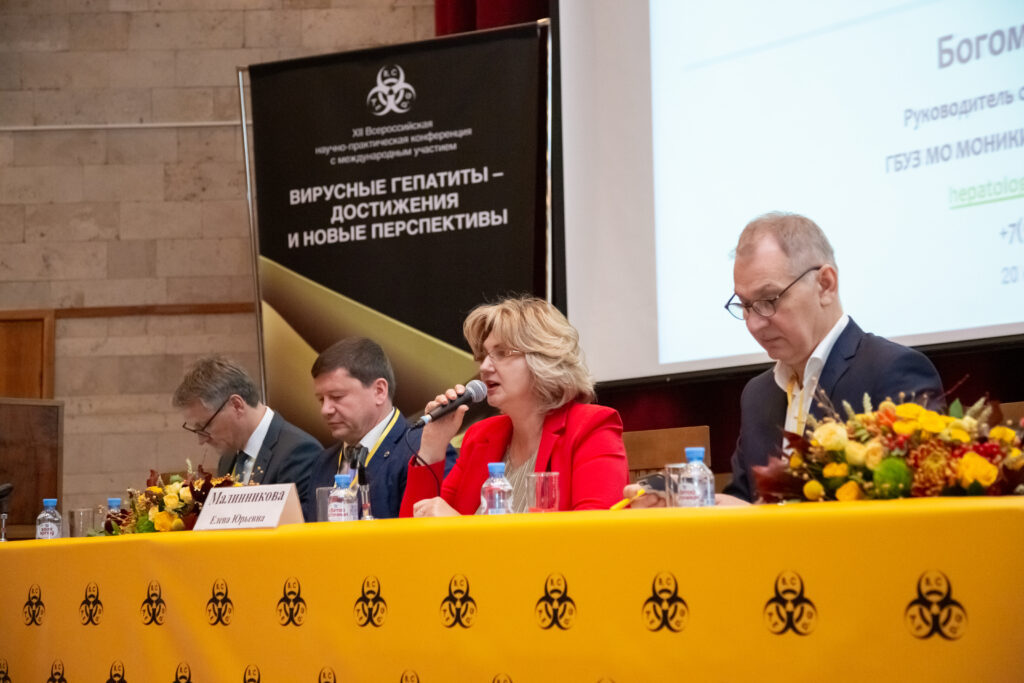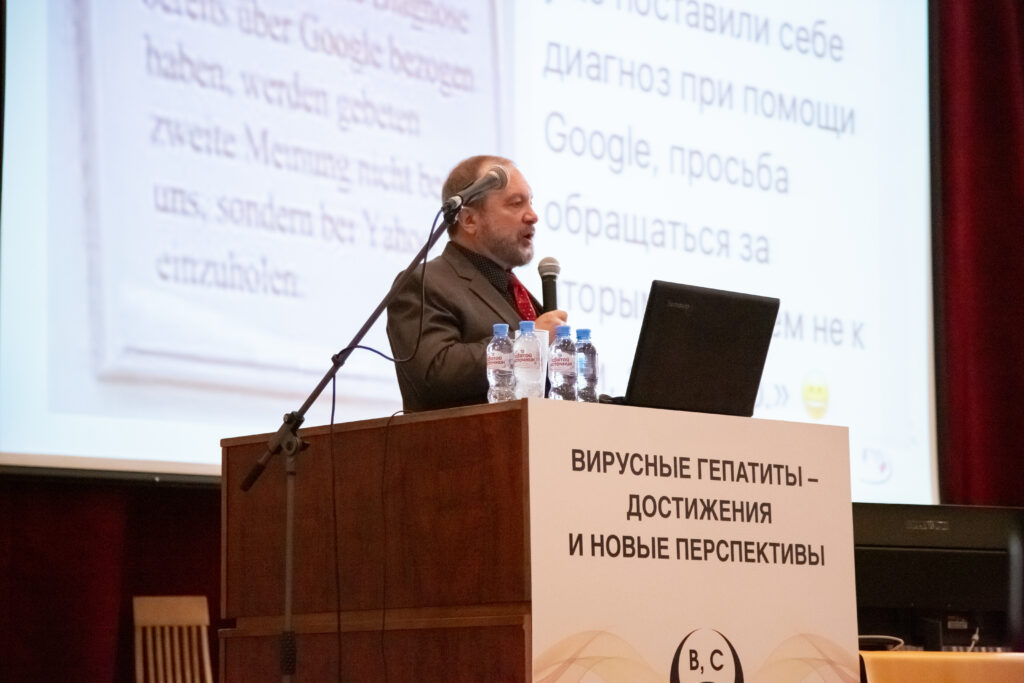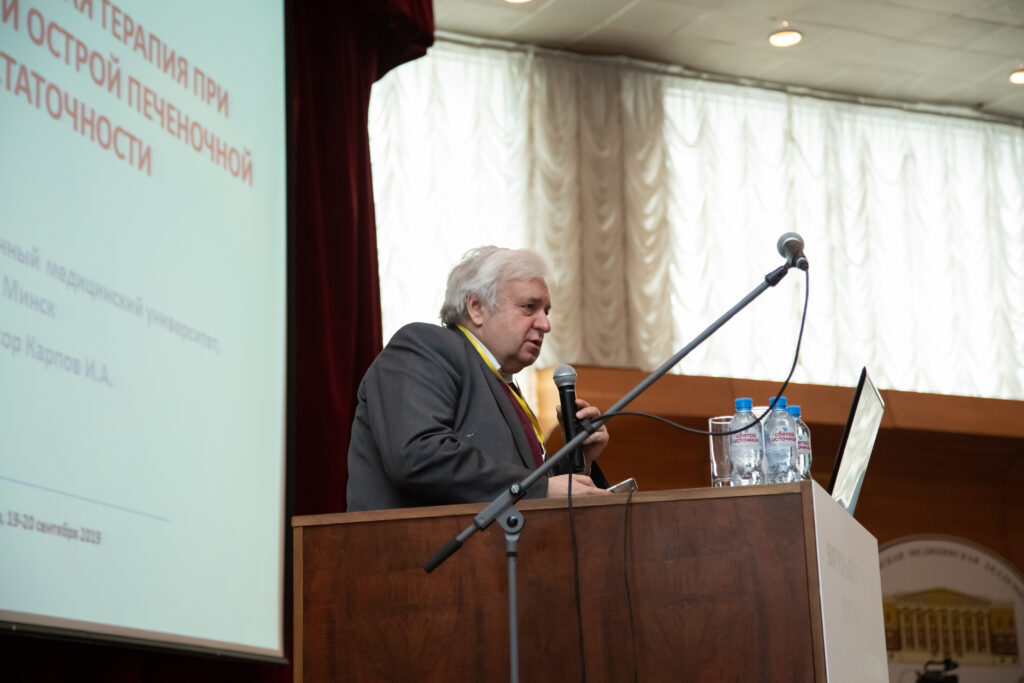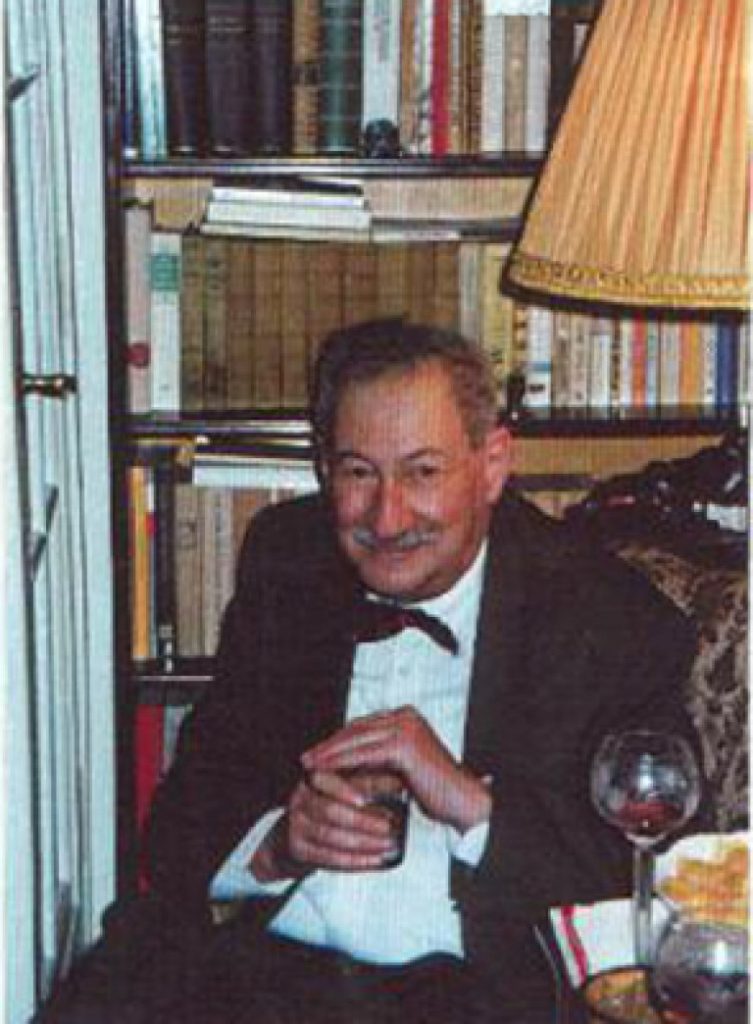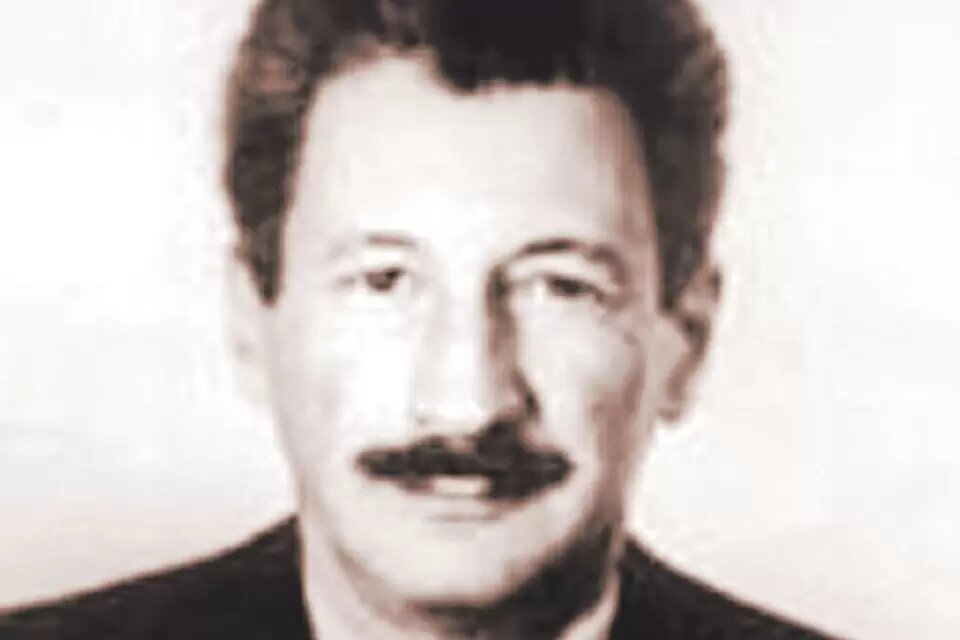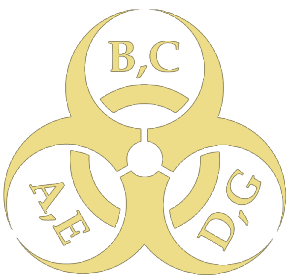The Balayan Medal was awarded to scientists from various countries who have made a significant contribution to the study of hepatitis E:
2012
1. Professor Mohammad Khuroo (Kashmir, India)
Seminal work on the early outbreaks of HEV in India
2. Professor Alexander Andjaparidze (Tbilisi, Georgia)
Discovery of HEV together with professor M.S. Balayan
2014
3. Professor Saleem Kamili (CDC, Atlanta, USA) Animal models for HEV, supression of INF signalling by HEV
4. Professor Michael Favorov (CDC, Atlanta, USA) First description of hepatitis E outbreak in Uzbekistan, data on clinical course of hepatitis E, HEV in rodents
5. Professor Jan Drobeniuk (CDC, Atlanta, USA) Study of HEV epidemiology in USA, data on high prevalence of anti-HEV among stockbreeders
6. Professor Yuri Khudyakov (CDC, Atlanta, USA) Genetic diversity of HEV, HEV in different animals
7. Professor Valentin Pokrovsky (Moscow, Russia) First clinical description of hepatitis E in Russia
8. Professor Gennady Onishenko (Moscow, Russia) Epidemiology of hepatitis E in Central Asia (Uzbekistan)
9. Professor Mikhail Mikhailov (Moscow, Russia) Epidemiology of hepatitis E and HEV animal reservoirs in Russia
10. Professor Pavel Ogarkov (Saint-Petersburg, Russia) Epidemiology of hepatitis E during the war in Afghanistan in 1980s
11. Professor Tatiana Bystrova, Nizhny Novgorod, Russia Epidemiology of hepatitis E in European regions of Russia
2016
12.Professor Murat Mamedov (Baku, Azerbaijan) Clinical and epidemiology study of hepatitis E in Azerbaijan
2018
13.Professor Helene Norder (Gothenburg, Sweden) Genetic diversity of HEV genotype 3, its separation in two branches (I and II), study of HEV geographical distribution and virulence.
14. Professor Sergey Zhavoronok (Minsk, Belarus) Animal reservoirs of HEV in Belarus
15. Dr. Elena Malinnikova (Moscow, Russia) The first description of the water outbreak of hepatitis E in the non-endemic region; clinical and epidemiological characteristics of hepatitis E in the enclave for this infection in the Russian Federation (Belgorod region)
Being one of the leading Soviet virologists of the 70-90s of the XX century, Mikhail S. Balayan was the author and head of priority studies devoted to polio virus and molecular biological and antigenic characteristics of viral agents associated with viral hepatitis. He became world famous for the
description of a new nosological form of viral hepatitis transmitted by the fecal-oral route (Hepatitis E), the isolation of a new virus as a result of the experimental self-infection and its comprehensive study. The contribution of Mikhail S. Balayan to virology is recognized by the world scientific community.
Mikhail S. Balayan made a significant contribution in the development of the Institute of Poliomyelitis and Viral Encephalitis named after M.P. Chumakov of the Russian Academy of Medical Sciences, where
he worked from 1957 to 2000, holding the position of Deputy Director for Research from 1978. Paying special attention to the education of the younger generation of researchers, Mikhail S. Balayan did a lot of public work, being a member of various commissions of the Russian Academy of Medical Sciences,
societies of epidemiologists and microbiologists of the USSR, USA, and the Republic of Cuba.
Preparing for the anniversary of the outstanding scientist, “HepatitInfo” with the support of the All-Russian Society of Epidemiologists, Microbiologists and Parasitologists, established the Balayan medal.
The medal is awarded to domestic and foreign researchers who have made a significant contribution to the study and prevention of hepatitis E. The awardees are determined by an international committee,which includes specialists in this area.The author of the medal is a well-known medalist, Honored Artist of the Russian Federation Alexander A. Kolodkin. His works are in museums in Russia, as well as in Germany, Poland, Italy, Vatican, Switzerland, USA, Japan and other countries.
2019
At the 2019 conference, Balayan medal “For achievements in the field of hepatitis E research” was awarded. By the decision of the International Scientific Committee, in 2019, the medals were awarded to professor Daniel W. Bradley (USA) for original research on molecular cloning and characterization of the hepatitis E virus; professor Michael Purdy (USA) for original research on the evolution and molecular epidemiology of hepatitis E, genetic classification and taxonomic profile of the Hepeviridae family;
professor of the Russian Academy of Sciences Karen K. Kyuregyan (Russia) for a series of studies on the molecular epidemiology of hepatitis E; professor Anatoly N. Burkov (Russia) and doctor Anna P. Obryadina (Russia) for contribution to the development and introduction into production of Russian diagnostic kits for hepatitis E.

